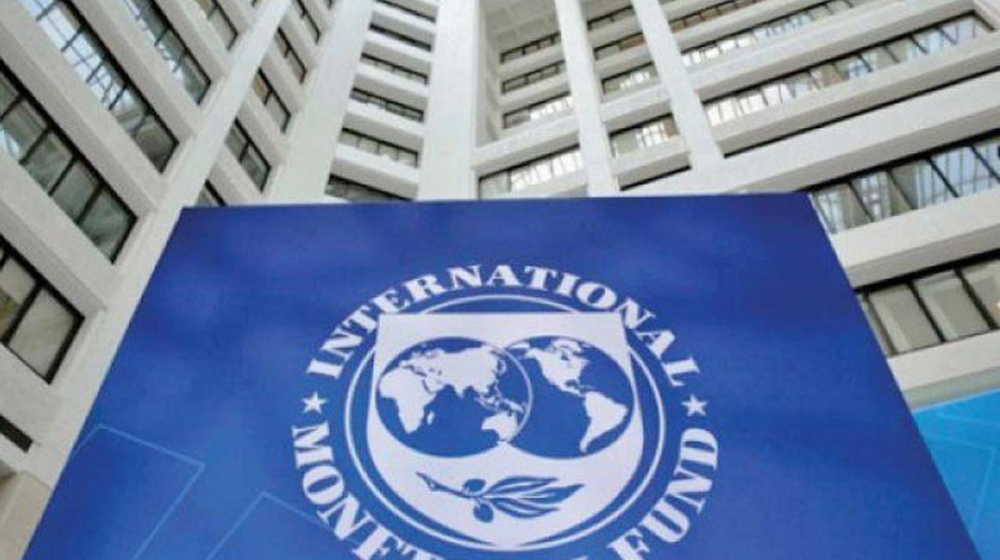Pakistan needs to figure out ways to bolster its economic competitiveness besides contemplating new measures related to tax.
The resident representative of the International Monetary Fund (IMF) in Pakistan, Esther Perez Ruiz, said that Pakistan’s tax-to-GDP ratio was relatively low and January’s withdrawal of sales tax exemptions through the Finance (Supplementary) Bill will streamline the country’s taxation structure.
The global lender’s spokesperson told the Lahore Chamber of Commerce and Industry (LCCI) that the goal of the IMF program was to maintain macroeconomic stability in the country, and that fiscal and monitoring policies should serve the same goal.
Esther remarked, “IMF program is to bring a set of policies in Pakistan that can promote sustainable and inclusive policy growth,” and advised that the country should consider not only tax-related measures but also other approaches to improve the economy’s performance.
On the flip side, the LCCI President, Mian Nauman Kabir, revealed that the business community was concerned about the consequences of the ongoing IMF program on the national economy, especially private sector growth.
President Kabir suggested the importance of determining whether developing countries gain anything from IMF facilities or are better off if such programs did not exist in the first place.
While the LCCI chief is optimistic for the successful completion of another IMF program for Pakistan, he pointed out that history has often observed interest rate hikes, currency depreciation, and excess inflationary pressures as repercussions of sustaining such facilities from the lender.
























